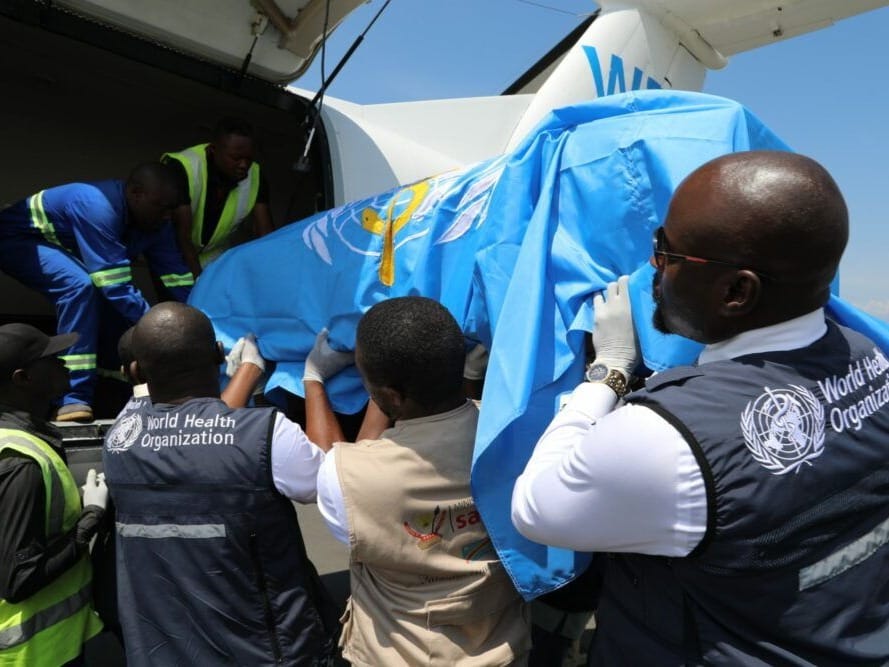The World Health Organization decided that Congo's deadly Ebola outbreak should be treated as an international health emergency, marking a major shift in strategy after the virus reached a city of 2 million people.
The declaration on Wednesday came just days after a single case was confirmed in Congo's northeastern city of Goma, near the Rwandan border, where the United Nations has long shuttled health and peacekeeping officials in and out of the city's international airport and erected displacement and refugee camps on the city's outskirts.







